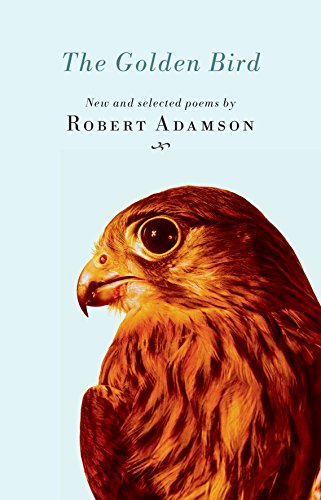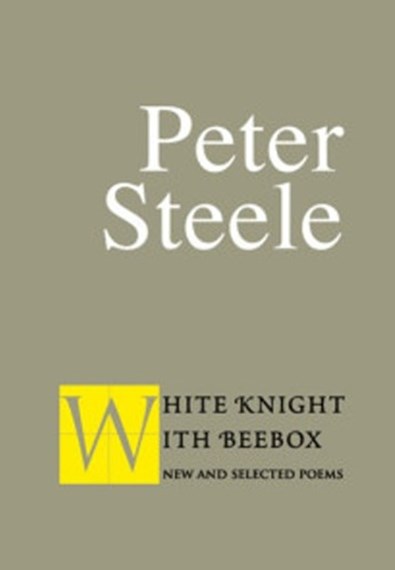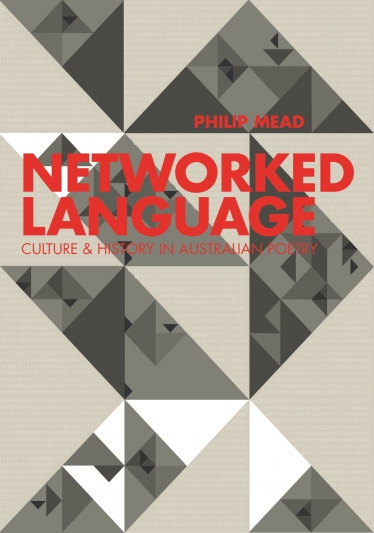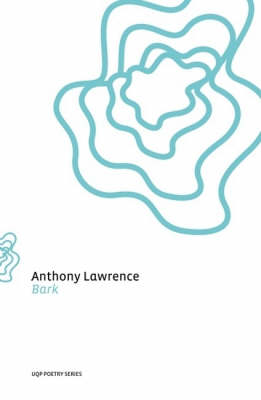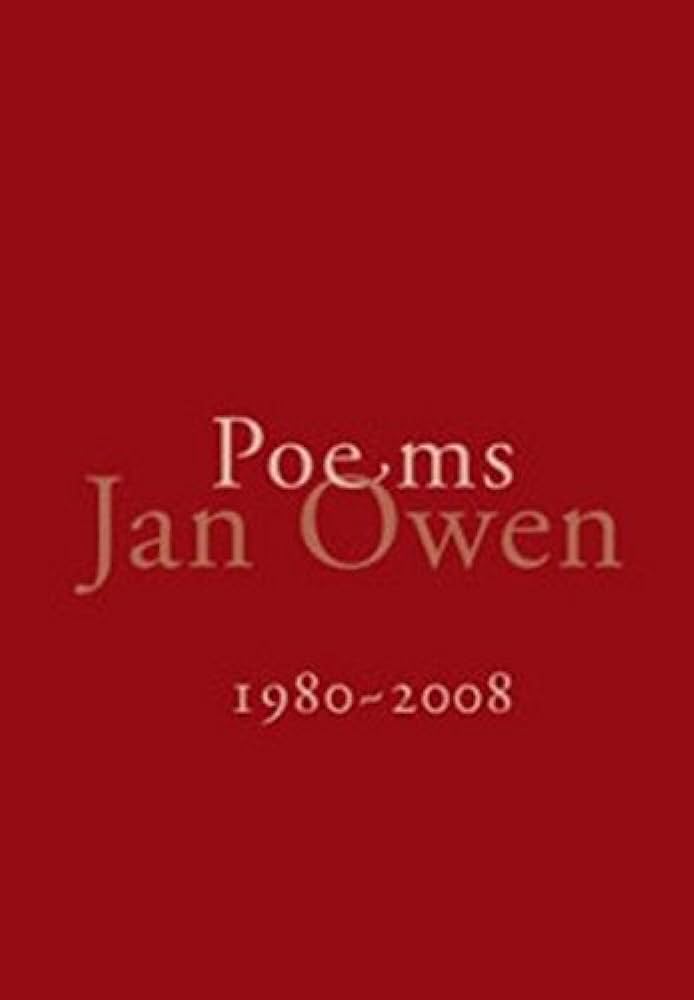Poetry
From his first book Canticles on the Skin (1970) to his twelfth, The Goldfinches of Baghdad (2006), Robert Adamson’s poetry has undergone many transformations, but The Golden Bird, his new and rather large Selected Poems, modifies or disguises those changes by arranging the poems thematically, not chronologically, except for the last section, which contains new poems. Many of Adamson’s early themes have remained throughout his career. Strangely, the sharply witty ‘Sonnets to be Written from Prison’ (‘If I was in solitary I could dream – a fashionable bore, / writing books on drugs, birds or revolution’), from his third book Swamp Riddles (1974), are excluded along with other fine poems, such as ‘Sibyl’ and ‘The Thoughtless Shore’, his elegy to Michael Dransfield, as well as the chapbook Theatre (1974), a response to Yves Bonnefoy’s work of that name.
... (read more)White Knight with Beebox: New and selected poems by Peter Steele
There are times when I read a book that reinvigorates important questions for me – such as how language carries and creates meaning, and what, after all, is the function and force of poetry. Usually, such a book is a creative work and I like to imagine that the first readers of volumes by George Herbert or John Donne responded with such questions – to poetry that consistently registered a persuasive complexity and which, while emotionally restrained, carried a pithy emotional charge.
... (read more)There’s a sleechy smell here, grey frogs on the bank
like slurried earth, rotund toads hopping across lily pads,
grunting like sultans trying out cushions. Fish mouth
the surface with so many unsinkable O’s, and the larval
She trawls through reams of paper pinned in files,
stacked on shelves, heaved into the corners
of this study and other, larger rooms;
wades through spilling, perforated sheets
of printed data she cannot decipher
that concertina on the wooden floor,
stained with jam, sprinkled with old crumbs
and marked with tags that indicate some pattern
to his vanished thought – pained, slow research
that saw two hundred articles appear,
three or four a year, in august journals.
She knows the faintly sour smell of absence
that rooms so often hold after a death –
even a lonely life sweetens the air –
how furniture seems fixed when someone dies
Networked Language: Culture & history in Australian poetry by Philip Mead
Philip mead’s Networked Language: Culture & History in Australian Poetry is an extraordinary piece of scholarly writing: large, ambitious, meticulously researched, brilliantly written and quite original. It is laudable not only for these inherent virtues but also, it has to be said, because of its very existence. Australian Scholarly Publishing is to be commended for publishing such a work. If poetry is marginal to Australian public culture (as we are routinely told), then works about Australian poetry are all but invisible. It is all the more notable, then, that Mead’s work should join another recently published, large-scale work on modern Australian poetry: Ann Vickery’s Stressing the Modern: Cultural Politics in Australian Women’s Poetry, published by Salt in 2007. Both Mead’s and Vickery’s books use Australian poetry as a way of intervening in, or instigating, debates in modern politico-cultural history. (And to these studies we may also add another ambitious piece of poetry criticism, John Kinsella’s more globally focused Disclosed Poetics: Beyond Landscape and Lyricism, Manchester University Press, 2007.)
... (read more)Diane Fahey’s The Mystery of Rosa Morland is a tour de force, a brooding, postmodern Gothic poem cum novella that provides a happy ending of sorts for characters who deserve one. The poetry, capturing individual voices, is at once accomplished, sensuous and serviceable.
... (read more)Anthony Lawrence is a brilliant poet whose books are surprisingly uneven: this new volume, Bark, though, is a decided success. The best of his poems are usually those which are built around a confrontation between poet (carrying a fairly heavy backpack of personal trauma) and the natural world. This can be quite explicit, as in the fourth poem of a generally comic suite, ‘Bestiary in Open Tuning’, in which a ‘five metre white pointer / ... made a pass’ at the poet swimming in ‘over a thousand, sun-shafted feet / of Great Southern Ocean’. The double meaning of ‘made a pass’ is significant: there is an erotics involved here, as well as the simple evaluative movements of a predator.
... (read more)Poems 1980–2008 selects from Jan Owen’s first five collections and adds eighty pages of new poems. This is an accomplished, playful, intelligent collection which confirms Owen’s status in the front ranks of Australian poets (why is there so little criticism or commentary on her work?). It is full of angels, goddesses, older men, iconic art, imagined sex, strange fruit, flowers, trees, birds, travels through Europe and Asia – encyclopedic ideas and sinuous, crafted language.
... (read more)The train to Leura early Sunday morning
and our compartment full of total strangers,
Russian-speaking hikers, boots and shorts,
and four Americans, I’d say, late sixties,
calling out the stations as they pass:
‘Melbourne was more interesting than this’,
‘The trees looked better across Portugal’,
‘I want to see a kangaroo today’.
And midway through the first course
of pickled fish in the restaurant
by the river that night
slid a black on black
barge
under the brilliantly lit
bridge

